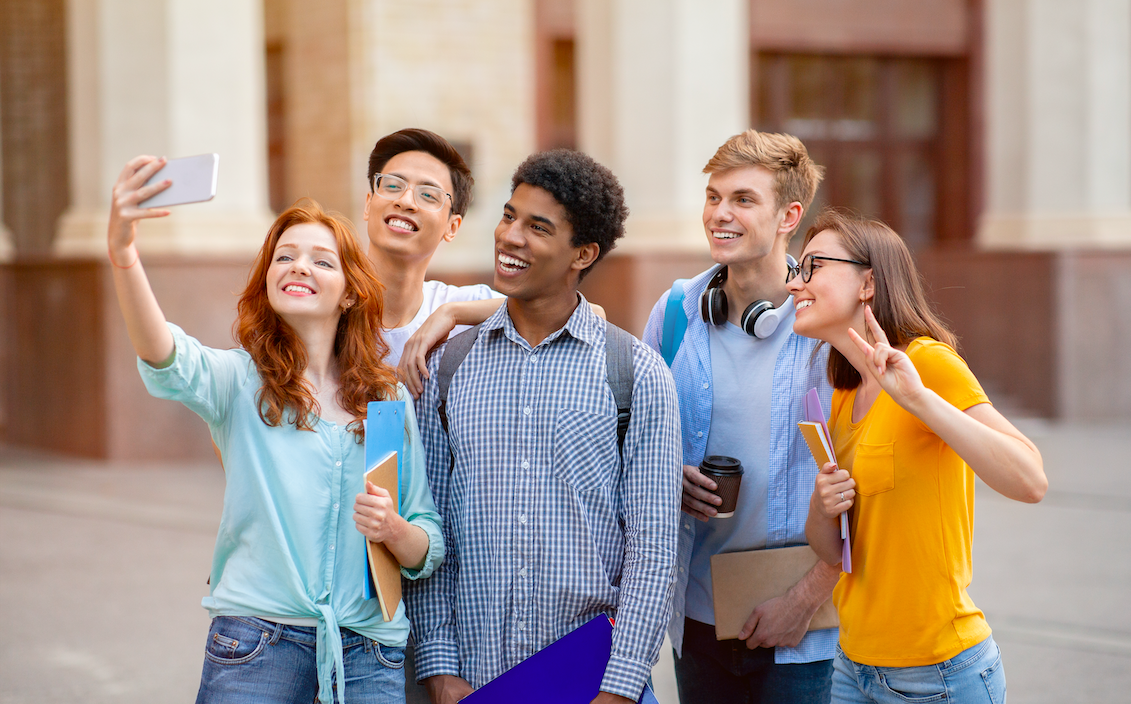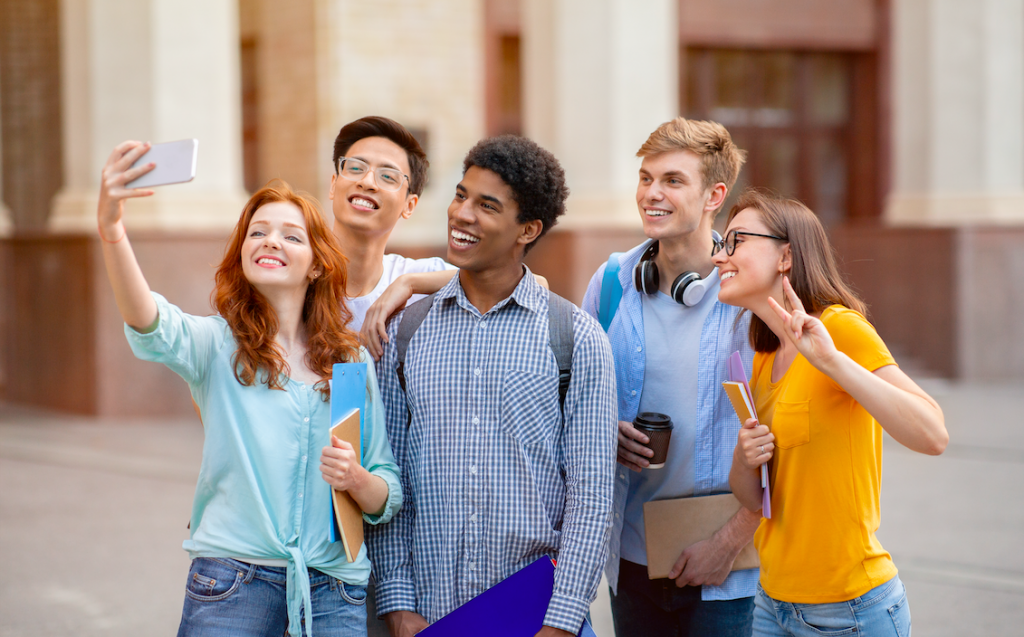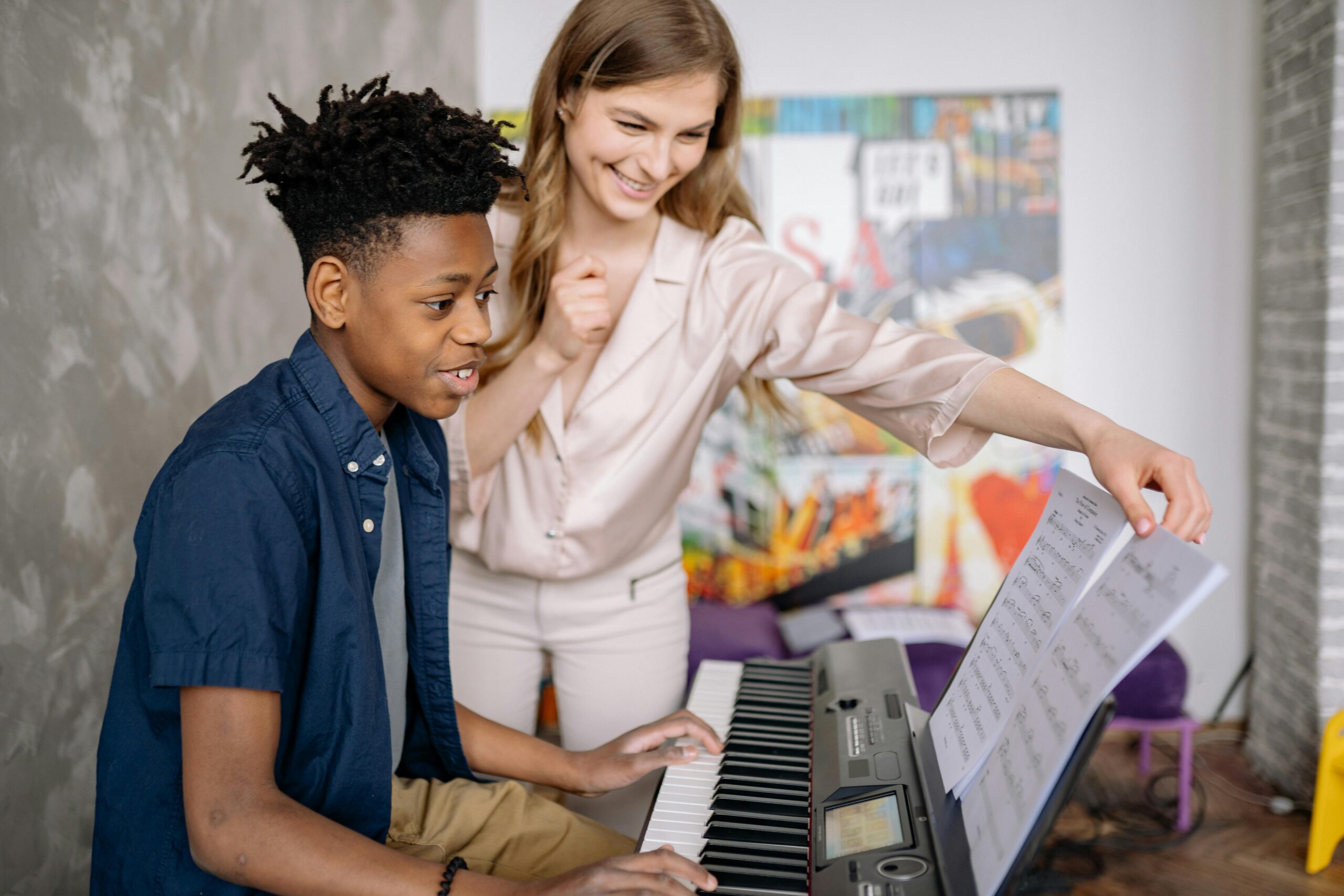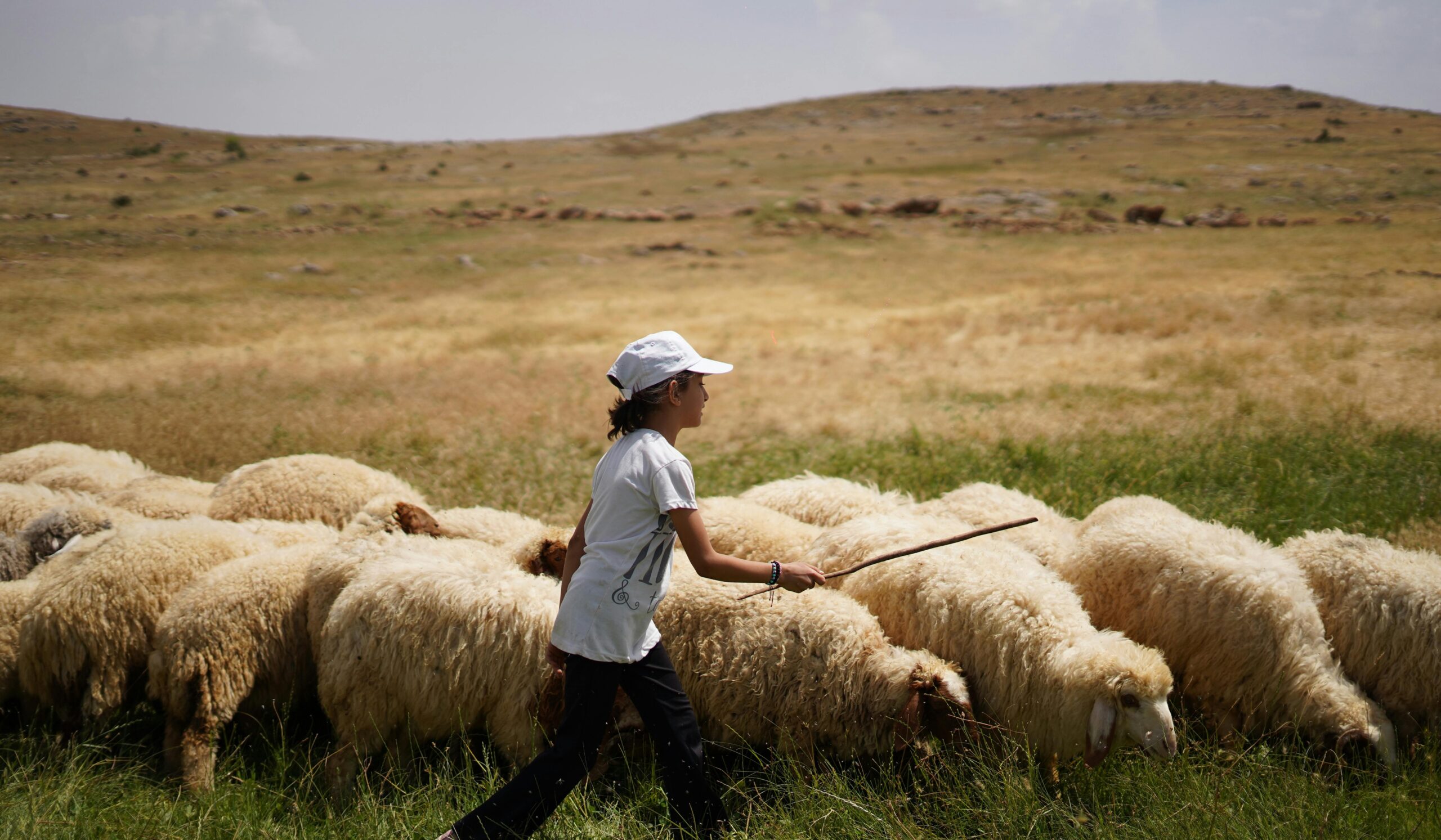
Ban Facebook or Build Leaders: How Education Can Bridge the Gap Between Social Media & Social-Emotional Learning
By: Tim Elmore
I never thought I’d see this day. The government of the Solomon Islands, a nation of hundreds of individual islands in the South Pacific, is planning to ban the entire Facebook platform, ABC Australia reports. Yep — this is no joke. Facebook will be banned from an entire country.
Why? you ask.
Incivility. Bad behavior online. Cyber-bullying. Defamation of character. And it’s not just the kids. In fact, it is mostly the adults. “Cyberbullying on Facebook is widespread. People have been defamed by users who use fake names, and people’s reputations that have been built up over the years [are destroyed] in a matter of minutes,” Prime Minister Manasseh Sogavare told the nation’s parliament, as quoted by ABC.
A cabinet member also said the move was intended to “safeguard our young people from harmful content” as there currently is “no legislation to govern the use of the internet,” allowing them to “download harmful stuff from the internet.”
I guess I can’t blame them.
I wonder, however, if this is the sole action leaders should take — to ban social media platforms because people don’t know how to behave. While I believe we must guard our children from consuming inappropriate information, we must do something more. We must double down on our efforts to equip our kids for healthy, civil adulthood, something that’s in short supply today. This should be a top priority. What good is it for graduates to know reading, writing, and arithmetic while they can’t even have a civil conversation?
When I think about the panic attacks and anxiety our youth endures in the U.S., I wonder if those mental health issues would be diminished if they saw examples of wise, poised adults who led them better. Consider this: if you’re a 15-year-old living in a prolonged pandemic and watching polarized adults fight over an election, you may be tempted to wonder: Do these leaders really know what they’re doing? I wonder if part of their uncertainty is due to our poor leadership example.
We are living in perilous times for our nation and world.

What Education Can Do
I find it interesting that people (too often) need a government to legislate how to behave. Our founding fathers established a democracy with guiding principles, some of which they even failed to live up to. But it was to be a limited government, assuming citizens agreed upon shared values and responsibilities and would not need rules to dictate how to treat a neighbor or even a stranger. Sadly, when we fail to be able to:
- regulate our emotions
- live by ethics and values
- delay gratification
- demonstrate empathy for others
. . . is when we need more laws. Yet our legislation can only change citizens from the outside in instead of the inside out. Our goal is merely behavior modification instead of internal transformation in habits and attitudes.
This is where good parenting and education comes into play.
Journalist Charles Salter writes, “Since the founding of this democracy, one of the primary purposes of public education was to preserve and perpetuate a functioning democratic society by educating citizens in the ways of that democracy. This was very much on the minds of many Founding Fathers…” Later, Horace Mann led education reform during the 19th century, which systematized the preparation of great citizens. It wasn’t merely about high academic test scores.
Salter continues, “Thomas Jefferson, in not only advocating public education but also defending the need for citizens to be taxed for it, wrote that when it comes to educating the common people, ‘The tax, which will be paid for this purpose is not more than a thousandth part of what will be paid to kings, priests and nobles who will rise up among us if we leave the people in ignorance.’”
Is it our fault if today’s graduates are ignorant of civic responsibility and civil conduct?
Social and Emotional Leadership
More than ever, educators are talking about social and emotional learning. I believe, however, we must take it a step further. I think we need social and emotional leadership. What if we added to our academic courses — training on intrapersonal and interpersonal skills so students can interact with others well? What if we added training on resilience, delayed gratification, and even civil discourse? What’s more, what if we actually hosted exercises in empathy and healthy relationship building? We must return to preparing kids for:
- Civil discourse
- Civic responsibility.
Kids are longing for it. Did you know students sued the state of Rhode Island in 2018? In a federal class action, the students alleged that they were being denied their constitutional right to civics education. According to Education Week, only eight states require a year of civics education, and only 19 states test it as a graduation requirement.
This is why I love teachers like Anne Ryder, a teacher at Harrisburg Middle School in Illinois. She’s using our Habitudes for Social and Emotional Learning course and the images within the curriculum to spark life change among her sixth-grade students. And it’s working. They are interacting with peers and holding each other accountable using the very principles and imagery she introduces in her advisement period. Wow. Good habits and attitudes. This must be our top priority. May Anne’s tribe increase.
To check out Habitudes for Social and Emotional Learning CLICK HERE.






